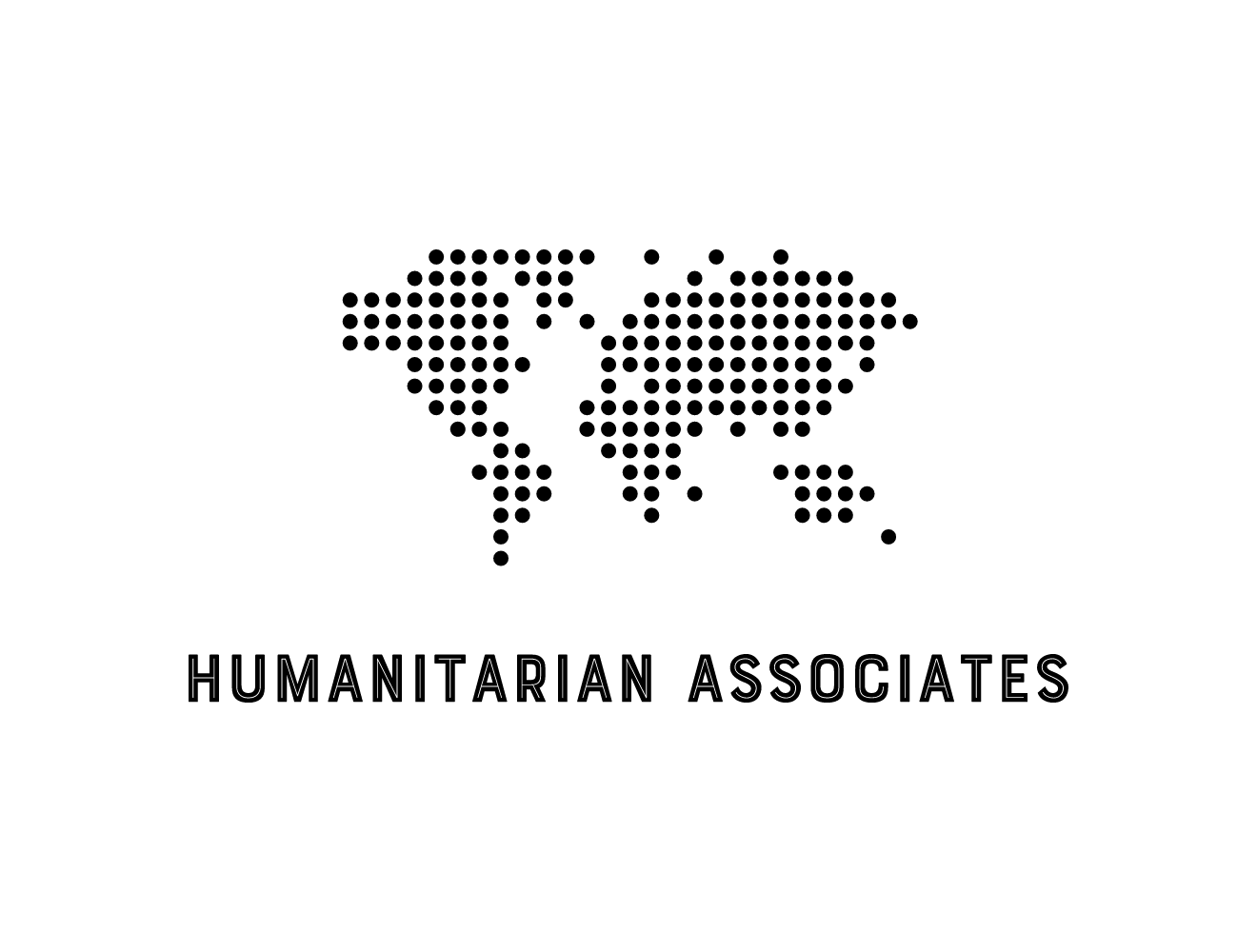Humanitarian Associates is a consulting firm that specializes in humanitarian work. The humanitarian world responds to issues of exclusion and inequity, but also has a long track record is perpetuating inequity, discrimination and causing harm. Inclusion, Diversity, Equity, and Accessibility are of top importance to Humanitarian Associates.
We believe that we must act against discrimination within our individual areas of influence, and enable inclusion, diversity, equity and accessibility; doing so will enable us to better achieve the ultimate outcomes of saving lives, reducing suffering and restoring dignity.
We are guided by relevant national legislation and the United Nations Universal Declaration on Human Rights.
Any individual associated with Humanitarian Associates found to have engaged in behaviour that is not in accordance with these policies will be subject to remedial action, such as training or disciplinary action, up to and including dismissal from role, duties or employment, suspension with or without pay.
These policies help ensure that Humanitarian Associates is an inclusive
and safe space for all who engage with it.
This Inclusion, Diversity, Equity and Accessibility (IDEA) Policy, in contrast, sets out that we are an organization that is making an active and ongoing commitment to enabling inclusion, diversity, equity and accessibility.
GENERAL PRINCIPLES
We believe that inclusion, diversity, equity and accessibility drive good humanitarian action.
Definitions
Inclusion: The practice of providing access to opportunities and resources for people who might otherwise be excluded.
Diversity: The practice of including or involving people from a range of different
backgrounds, genders, ethnicities, socioeconomic positions, orientations, ages, abilities and anything else that makes a person unique.
Equity: The quality of being fair and impartial; equity does not always mean equal and often means giving more to some to repair historic or ongoing inequities.
Accessibility: The design of products, devices, services or environments for people who experience disabilities or disadvantages.
We are committed to treating all people with dignity and providing an environment that values our differences, including but not limited to age, ancestry, disability, gender expression, gender identity, race, religion, economic and social status, body type and sexual orientation. We are committed to having an inclusive work culture. We are committed to the recognition of rights, respect, trust, co-operation and partnership with First Nations, Inuit and Métis peoples, as outlined in the Truth and Reconciliation Commission Calls to Action and the United Nations Declaration on the Rights of Indigenous Peoples.
We recognize that there is systemically rooted power and privilege assigned to dominant groups in our societies, which has shaped international development, humanitarian assistance, and engagement with Indigenous peoples. We also understand that any resulting sense of superiority, conscious or not, by dominant groups serves as a foundation for oppressive behaviours, such as ableism, ageism, classism, heterosexism, homophobia, racism, sexism, transphobia and xenophobia. We strive to actively work against these oppressive behaviours we may come across and to question and, when possible, seek to change, systems that may perpetuate these behaviours within our areas of influence.
Each person associated with our workplace is personally responsible to hold themselves and each other accountable.
Last updated: October 30th, 2022
